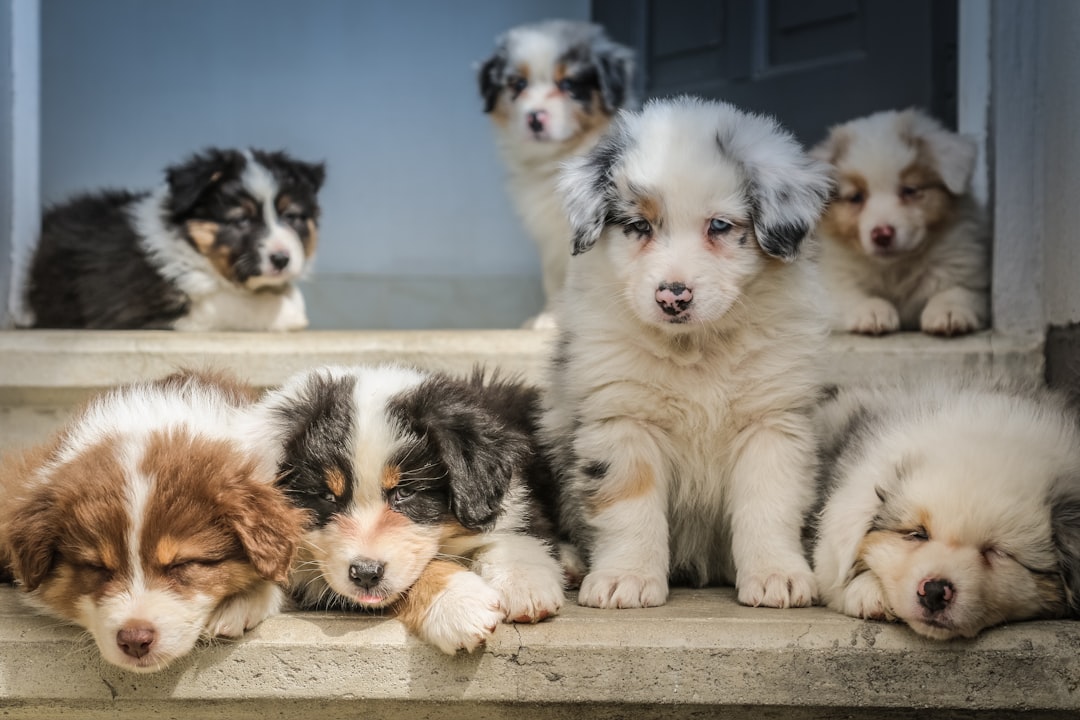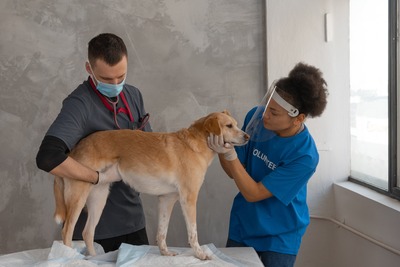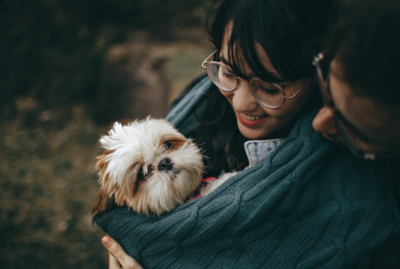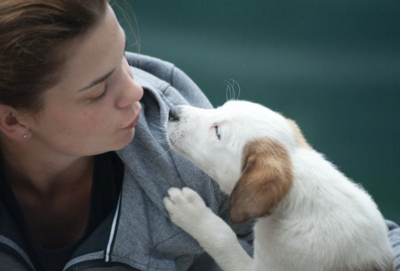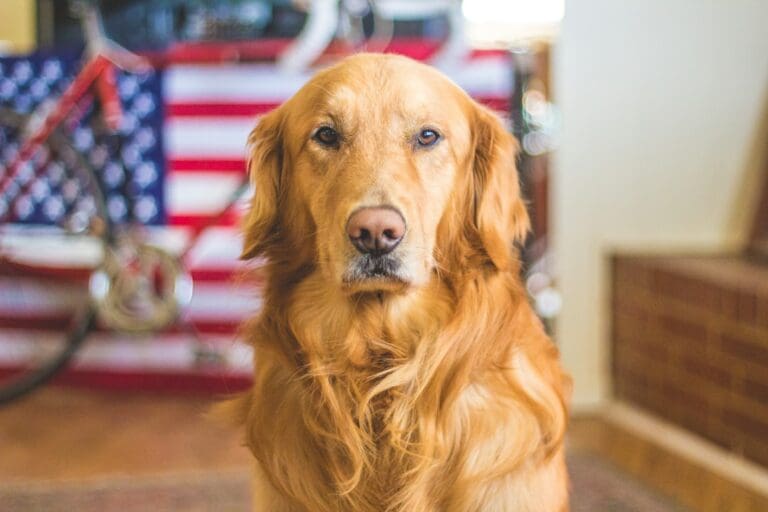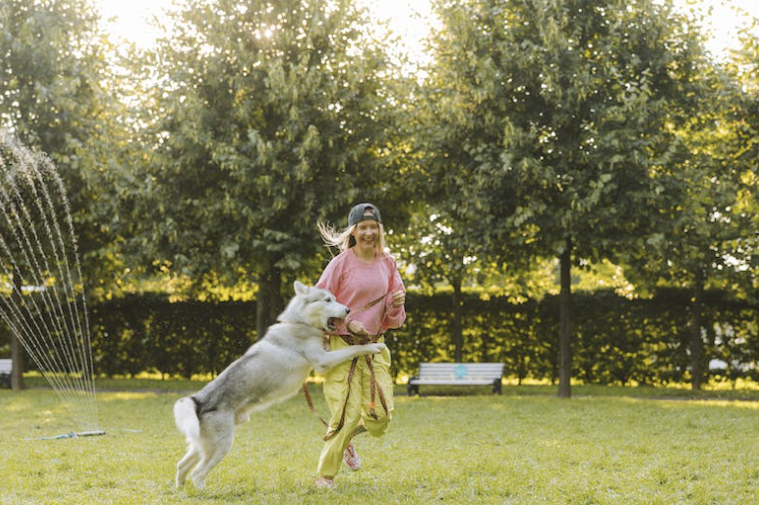Setting Your Puppy Up for Success: The Importance of Socialization
Learn why puppy socialization is important for preventing behavior problems in adult dogs, and discover effective techniques, such as creating positive experiences and incorporating puppy classes and playdates, to ensure a well-adjusted and happy future for your furry friend.
Introduction to the Importance of Puppy Socialization
Understanding the Basics
Puppy socialization is not just a beneficial activity for your furry friend; it’s a critical component of their development and future well-being. It involves exposing your puppy to a variety of experiences, people, sounds, and environments during their formative weeks, ensuring they grow up to be well-adjusted and confident adult dogs. The primary aim of puppy socialization is to help these young canines adapt to the world around them, forming positive associations with the diverse stimuli they encounter. This early introduction sets the foundation for their behavior throughout their lives, significantly reducing the chances of fearfulness and behavioral problems as they grow older.
For example, a puppy that’s gently introduced to different types of people — from children to the elderly, various sounds like traffic noise or doorbells, and a range of environments, from busy parks to quiet homes, will likely grow into a dog that’s more adaptable and less prone to anxiety or aggression in unfamiliar situations. Puppy socialization is crucial for a well-adjusted adult dog and should be the main focus in a puppy’s first weeks.
The Significance of Proper Socialization Techniques
Building a Well-Adjusted Adult Dog
The importance of employing proper socialization techniques cannot be overstated. During the critical early weeks of a puppy’s life, their experiences can significantly shape their future behavior. For instance, puppies that are exposed to positive interactions with both humans and other dogs are less likely to exhibit aggression and fear-related behaviors in adulthood. This adaptability extends to new situations, making well-socialized puppies more versatile and less prone to developing anxiety disorders.
An illustrative example of this is the practice of introducing puppies to different types of handling and grooming from a young age. By associating these experiences with positive outcomes, like treats or affection, puppies learn to accept and even enjoy these activities, which can otherwise be stress-inducing for poorly socialized dogs. Puppy socialization involves introducing puppies to various experiences and stimuli to ensure they grow up confident and well-adjusted.
Effective Methods for Puppy Socialization
Creating Positive Experiences
The key to effective puppy socialization is creating a variety of positive experiences in a gradual, controlled manner. This means introducing new people, environments, and situations at a pace that the puppy can comfortably handle, ensuring each new experience is associated with something enjoyable. For instance, taking a puppy to a new park but allowing them to observe from a distance before gradually moving closer can help build their confidence in new settings.
Furthermore, positive reinforcement plays a crucial role in this process. Rewarding a puppy with treats, praise, or playtime after they’ve encountered a new experience helps solidify the positive association. An example of this would be giving a puppy a treat after they’ve calmly met a new person, reinforcing the idea that meeting new people is a pleasant experience.
Incorporating Puppy Classes and Playdates for Socialization
Encouraging Interaction and Learning
Puppy classes and regular playdates are invaluable for socializing your puppy. These structured environments not only provide opportunities for obedience training but also allow puppies to interact with their peers, learning social cues and appropriate play behavior. For example, during puppy classes, dogs learn to communicate with each other, interpreting and responding to different signals, which is crucial for preventing miscommunication and potential aggression in the future.
Moreover, socialization with a variety of dogs in a safe and controlled setting can significantly reduce fear or aggression towards unfamiliar dogs later in life. Regular playdates with other puppies or well-socialized adult dogs can serve as practical sessions, reinforcing the social skills learned during classes.
Promoting Safe Socialization Practices
Exposure and Desensitization
Ensuring safety during socialization is paramount. This involves gradually exposing puppies to various stimuli, helping them become well-adjusted and less reactive. Desensitization techniques, where a puppy is slowly introduced to potentially fear-inducing stimuli in a controlled, non-threatening way, can aid in overcoming fears or anxieties. For instance, playing recorded sounds of thunderstorms at low volumes during playtime can help puppies become accustomed to the noise without fear.
Consistent, positive interactions with a wide range of people, including those of different ages, appearances, and behaviors, are crucial for a puppy’s comprehensive socialization. This diverse exposure helps prevent the development of fear or aggression towards unfamiliar people.
Professional Support for Effective Socialization
Team JW Enterprises: Expert Guidance
For those seeking support in their puppy socialization efforts, professional trainers can offer personalized plans tailored to each puppy’s unique needs and temperament. Team JW Enterprises, with its range of services from expert training to daycare and boarding, provides comprehensive support for puppy socialization. Utilizing professional guidance can ensure that the socialization process is not only effective but also enjoyable for both the puppy and the owner, maximizing positive outcomes.
An example of professional support in action is a puppy who is initially fearful of strangers being gradually introduced to new people in a controlled, positive environment, such as the facilities offered by Team JW Enterprises. This controlled exposure, combined with expertly applied positive reinforcement techniques, can transform a timid puppy into a confident and sociable dog.
Conclusion: Ensuring a Bright Future for Your Puppy
Nurturing Long-Term Well-Being
Investing in proper socialization is investing in your puppy’s future happiness and well-being. By incorporating a variety of experiences, ensuring positive associations, and possibly utilizing professional support like that offered by Team JW Enterprises, you can lay the foundation for a lifetime of well-adjusted behavior. This not only enhances the bond between you and your furry friend but also ensures they can navigate the world with confidence and ease. Visit Team JW Enterprises to explore how expert guidance can further enrich your puppy’s socialization journey and overall development.


